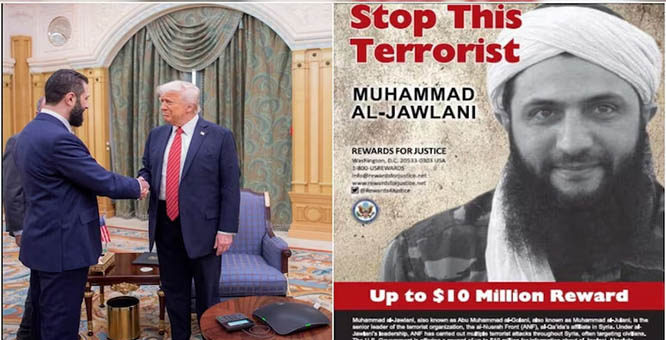
The US military has struck the western Yemeni oil port of Ras Isa, leaving dozens of workers and paramedics dead, and dozens more injured.
The facility in Hudaydah governorate was hit at least two times on Thursday night, with the second strike coming as civil defense and rescue teams were extinguishing fires and recovering victims. The second attack killed at least five paramedics.
The Palestinian Information Center and al-Manar TV now report that at least 38 people have been killed in that attack, while 102 others injured.
The Yemeni government slammed the attack as a clear war crime aimed at supporting the Zionist regime and enabling it to continue the Gaza genocide.
It said the strikes prove that the US deliberately attacks civilian infrastructure in Yemen with false justifications.
The government vowed that this crime would not pass without painful punishment, and the US would reap nothing but humiliating defeat and failure.
The US military claimed the port was a source of fuel for the Ansarullah resistance movement.
The governorates of Sana'a, al-Bayda and Hudaydah were also hit with multiple strikes.
The United States intensified its deadly attacks on the country last month at President Donald Trump’s direct orders.
Washington claims the raids are strictly aimed at protecting shipping activity around Yemen, alleging that the regional waterways’ maritime security had been endangered by Sana’a.
Yemeni officials have, however, roundly rejected such claims, underlining that the country only targeted vessels belonging to the Israeli regime and ships taking supplies to it.
The operations implemented by Yemen’s Armed Forces began in October 2023, when the Israeli regime, the US’s most cherished regional ally, began taking the Gaza Strip under a genocidal war.
More than 51,000 Palestinians, mostly women and children, have been killed as a result of the warfare, which receives hugely enhanced and unstinting arms support on the part of Washington.








Comments
Add new comment